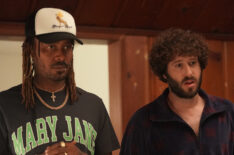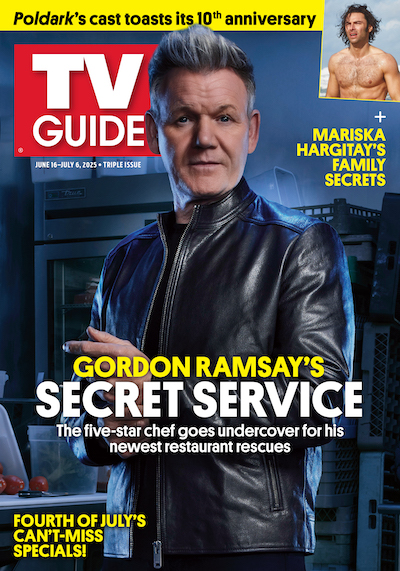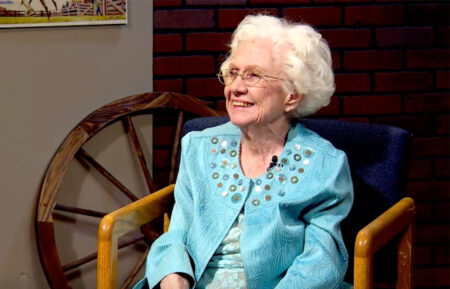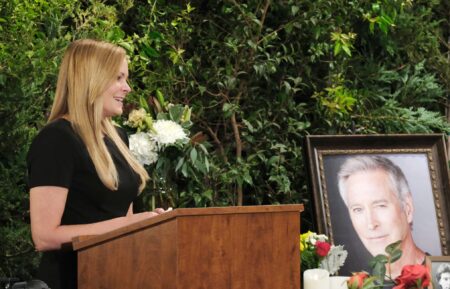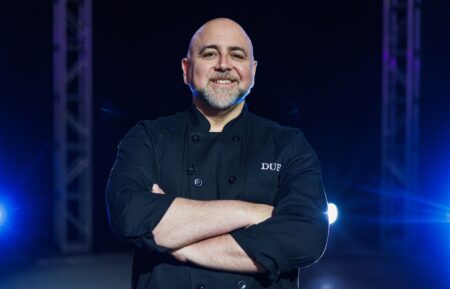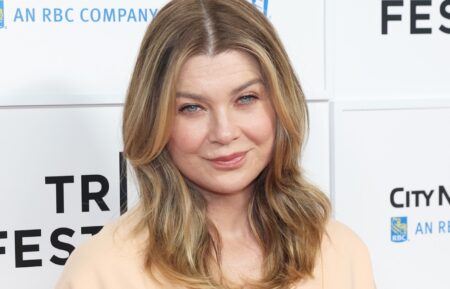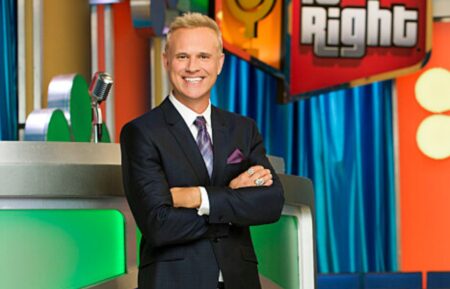Chloe Bennet Talks Ease of Working With Friends on ‘Dave’ & Representation in Media
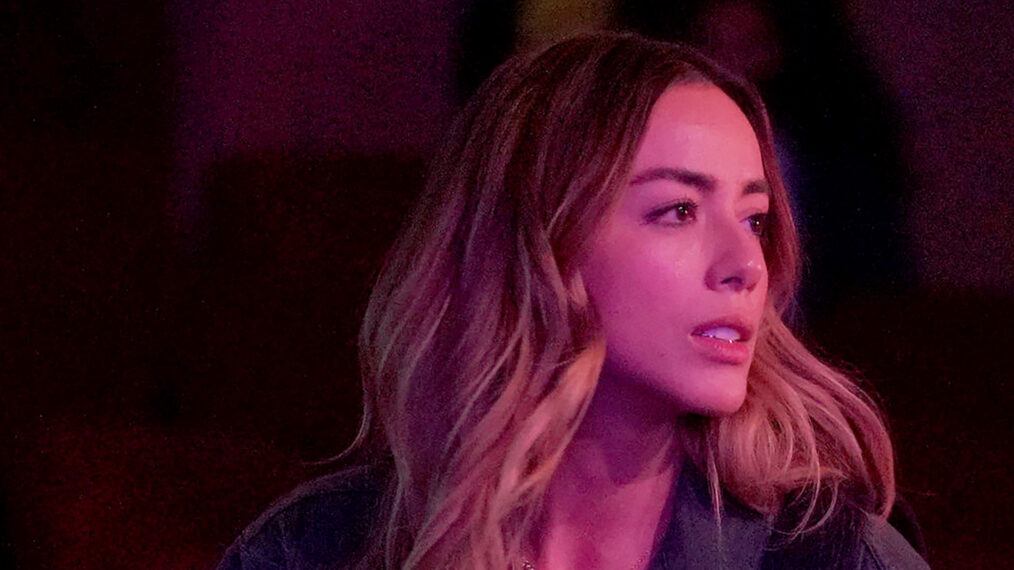
Q&A
Chloe Bennet has been making a name for herself in the acting world, from seven successful seasons as Quake, on Agents of S.H.I.E.L.D. to voice acting in Abominable, the first animation film in 21 years to star an Asian female character and a fully Asian family since Mulan.
Her recent role on FXX’s Dave has shown more of her down-to-earth personality as his main love interest, Robyn. We spoke with her about working with her close friend, Dave Burd, the importance of representation on-screen, and what’s next for her in her career.
Many probably know you from Marvel with Agents of S.H.I.E.L.D. and of course now with Dave — tell me a little bit how your friend asked you or convinced you to join the cast.
Chloe Bennet: I’ve been friends with Dave for a while and was pretty aware of the character. And I think there’s definitely maybe a part of me that was like, I’ll do it. And then he’s like, no, no, you’ll audition. And so I did. It kind of came to me half through the fact that most of my friends are involved in the show, but also just traditionally through my agents. It was like a funny, formal process considering our friendship, but that is very Dave, if you know him at all.
I respect that a lot. With him also being a good friend of yours, was it weird playing one of the main love interests this season? How did you guys kind of find that balance to translate it onscreen so well?
I think it was actually pretty easy. I think as friends, we’re psychologically intimate. One of the things that is so good about Dave is he’s so endearing. Dave’s extremely vulnerable with how he feels, what he’s thinking, and what he believes. And that translates on the screen. You have to be that way to make an entire show about yourself. You have to have a certain self-awareness, which I think we both share in, and so I think that is usually the scariest part about being vulnerable with someone or having chemistry or being romantic. So it felt like an easy thing to translate on the screen. Just comfortability because the sex scene in the end of that first episode, we were like, “Oh, thank God, this is you. Because this is, like, pretty awkward.” So it definitely felt organic.
The character that you’re portraying, does it really kind of mirror your own personality in real life, instead of just being an on screen character?
Definitely more so than anything I’ve ever played. I’m shooting the show with my real life friends. And a lot of the aesthetic is pulled from me, I’m wearing a lot of my own stuff. There’s certainly things where it’s very fictional, but the essence of who she is is a lot of me, which is really fun and kind of hard to play weirdly. When you’re used to putting other things on camera, stripping yourself down to be more of yourself is actually just such a different process. It was kind of a therapeutic process to create art with your friends.
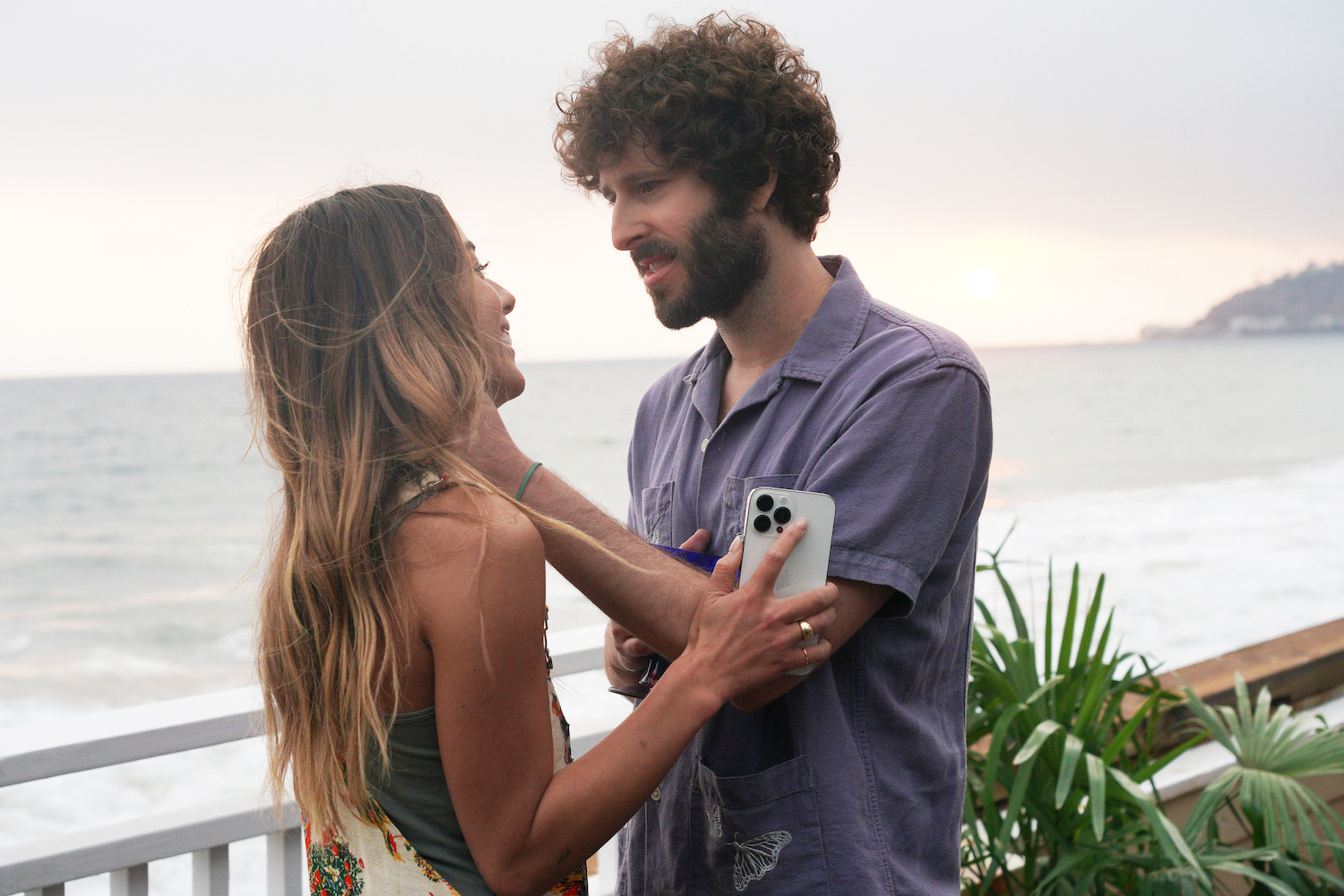
Byron Cohen/FX
It’s Asian Pacific American Heritage Month, which is, of course, a beautiful reminder that representation is important. You’ve been very vocal about how you had to change your name because of the systematic racism that a lot of people face. How was it working alongside Christine Ko and on projects like Abominable and Interior Chinatown? How has it empowered you going forward in your career?
It’s a good question. I feel like it’s less empowering and more the obvious and the only way that I would navigate my career. It’s less intentional and more of what I gravitate towards. Something like Abominable and Interior, I think, if you are a white straight man, you have the privilege of constantly getting to see a version of yourself, play every type of character, and be every type of person, whether it is deeply flawed or the savior or the dork or the hero. And I think when you are a person of color, or if you are in any way marginalized, you constantly have to work to see yourself through other people.
So when projects come along where you go, “Oh, this is an opportunity to actually just get to be a part of something that I don’t have to work at trying to see myself on, like through another character or through like a white guy, I get to just kind of exist on camera or through this character,” it’s becoming less rare, certainly not a privilege I had at the beginning of my career to ever be a part of something like that. For most of my career, it was about code switching and catering towards a part of me that was only a very small part of me. To be a part of projects like Interior and Abominable and work with other actresses and people who look like me or can understand my story and engage with people in a professional way, who are of the same culture as you, is always really special. It’s always better to work with people who are more like-minded and like-experienced.
Yes, that was very well said, because we are not monoliths so people have to understand that.
Yes, yeah… Amen.
So, from going from voice acting and movies to TV series, what’s some advice or maybe a coping mechanism that helps you face the challenges you may encounter while preparing for a new role?
I feel like every situation is always gonna have its own new challenges, I guess. It depends on who I’m giving advice to. So if I’m giving advice to another young woman or another mixed woman or a woman of color, I definitely feel like that’s the headspace I’m in. So I’m going to give advice to that person. So yeah, if I were to give advice to someone like that, it’s still very much a boys club and it can feel impossible and scary to stand up for yourself on and off camera.
Because navigating the industry, like off-camera, there are microaggressions all day long, where you can be belittled or dismissed because of what you look like or where you come from or what you don’t have or if you’re a woman, but then there’s also protecting your character. If there are certain things, off/on-screen that you want to protect to make sure that other women can see that your character is standing up for herself or whatever, that can also be difficult. So, don’t be afraid to stand up for yourself. It always feels much scarier in the moment, but those are the little battles that we need to fight to get authentic content on-screen.
The last thing I’ll be asking you is, personally, what is something that you kind of want to challenge yourself with in your career? What’s something that you’re kind of looking forward to?
Interior Chinatown has been an extremely fulfilling and deeply challenging and very cerebral, meaningful project, that I can’t wait for people to see. We’re still kind of in the thick of that. So getting through that is a goal. And then after that, I’m really excited to produce and direct my own things. So that is definitely what you can expect moving forward.
I love that. Thank you.
Women gotta get our stories out there.
Dave, Wednesdays, 10/9c, FXX
From TV Guide Magazine
Behind the Scenes With Gordon Ramsay: 20 Years of Cooking Up TV Hits
The celebrity chef reflects on redefining culinary television and his fiery journey Hell’s Kitchen to Secret Service. Read the story now on TV Insider.

